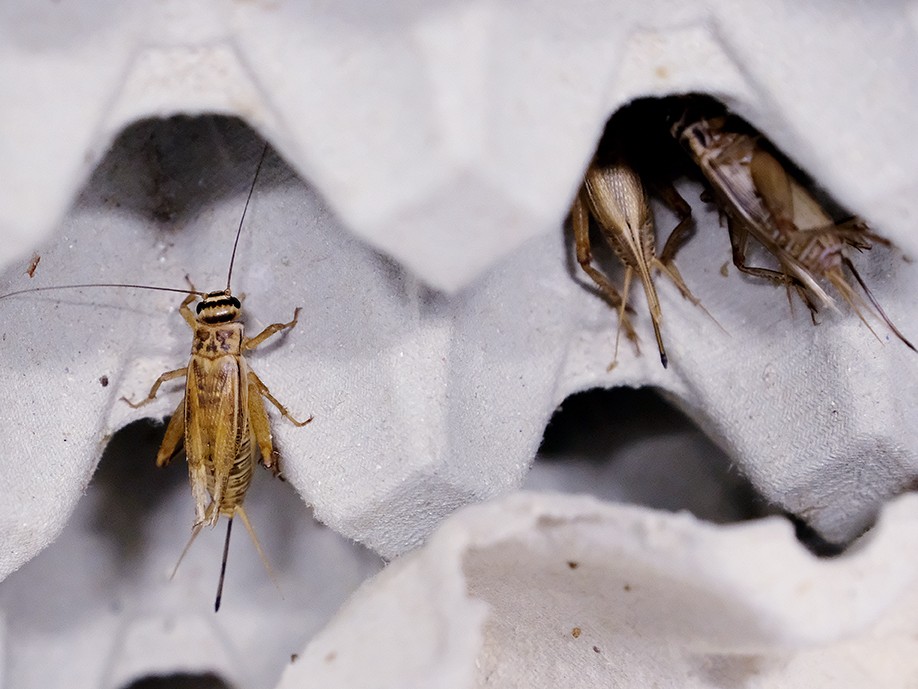The Susinchain project studies insects as a new qualitative source of protein to open itself to new markets for feed and human diets
The Susinchain project, financed by the European framework programme Horizon 2020, wants to increase the economic value of the insect production value chain and open itself to new markets for feed and human diets. For this reason, Susinchain is working with a multisectorial consortium. Leitat, as a member of the consortium, develops processing technologies of larva for the production of qualitative protein flour and different nutritional products. Insects are bred with processed subproducts from the agroindustry that are transformed in insect biomass. Thus, the insects are considered as the "missing link" inside the nutritional system for a circular and sustainable economy that must cope with the world's population growth. Expectations foresee in 2050 9.1 billion people and in consequence a growing demand for food and proteins. The insects and the insect products have entered the European market since they were recognized for the first time in 2010 as valuable sources of proteins for feed and food production. However, the scalable processes in the value chain is evolving slowly. In the project, breeding technologies and insect processing will be investigated at pilot level for the black soldier fly, the housefly, the cricket and the mealworm for feed and human food. These studies will provide the knowledge and the necessary data for reducing the cost of insect production, processing the insects more efficiently and commercializing the products on animal feed and human diets safely and sustainably. To be precise, the project wants to replace 10% of the animal protein with insect protein in feed and 20% in human diets. The project started on the 1st of October of 2019, has a duration of 48 months, a budget of 8.5M€ and is led by the Universitat de Wageningen. The other partners are INAGRO, Katholieke Universiteit Leuven, Universita Degli Studi Di Torino, Kobenhavns Universitet, Deutsches Institut für Lebensmitteltechnik, Sociedade Portuguesa de Inovação, Civic Consulting, AgriProtein Holdings, Bioflytech, Universidade Catolica Portuguesa, DSM Nutritional Products, Dymotec, ForFarmers Corporate Services, Hermetia Baruth, HiProMine, Havforskningsinstitutte, Acondicionamiento Tarrasense Associacion, Sociedade de Estudos de Analise Sensorial a Produtos Alimentares, Technische Universität Berlin, Medizinische Universitat Wien, Università Politecnica delle Marche, Wageningen University, Eidgenoessische Technische Hochschule Zuerich, Microwave Energy Applications Management, Hellenic Centre for Marine Research, Institut National De La Recherche Agronomique, Danmarks Tekniske Universitet, EWOS Innovation, Nutrition Sciences NV, New Generation Nutrition (NGN), Bühler Insect Technology Solutions, Bestico, Bugging Denmark and Protifarm.



